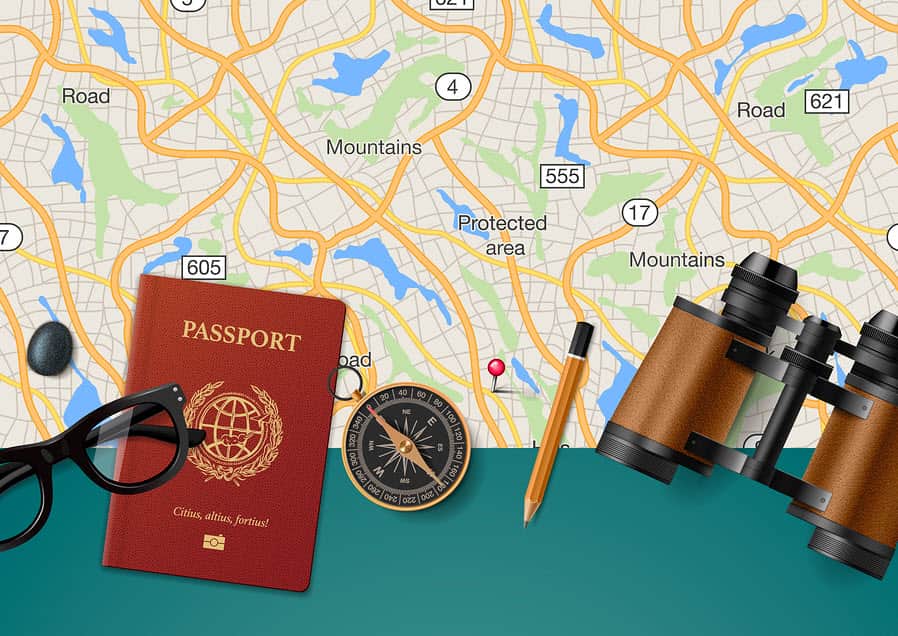Long gone are the days when the tourist industry promoted its products in a single language. Far more people are travelling around the planet than they have ever done. That includes millions of tourists from countries whose citizens may have never travelled before, either because of government restrictions on travels overseas or because most people simply couldn’t afford it in the past.
Go to any of the planet’s most iconic spots: Venice, the Taj Mahal, Yellowstone National Park, Uluru, just to mention only a few places, and you’ll hear a babble of languages, even if they are all snapping away using the same brands of cameras or tablets and posting selfies on Facebook!
The opportunity for the tourism industry to cater to this huge international market is great, but to really tap into the potential, every travel-related business has to confront the fact that travellers don’t always understand the language of the country they are visiting. The need to promote travel destinations in a number of key globally important languages is paramount, as is the ability to communicate with the travel demands of all those international tourists.
This means having multilingual websites and a presence on the major social media sites. Any travel operator needs to concentrate on developing a “translation strategy”. This will be based on targeting the major markets that are interested on the travel products that are being handled by the travel operator. Who are the main tourists coming to use the facilities and services promoted or sold? What languages do they speak? What platforms do they use? What age are they? Is there a gender bias? What socioeconomic groups do they belong to? Do they have distinct dialects or languages of their own that they prefer to use when browsing on the internet? What platforms are you going to use to reach these potential travellers?
Once a language translation strategy has been devised, then the travel operator does need to discuss its requirements with a professional translation agency or agencies that can deal with the sorts of marketing messages that the travel operator needs to get across. This might mean more than just familiarity with the target languages but a proven ability to localize the content that the business wants to use to promote its products and services. The temptation, especially for new businesses, or those who are just beginning to convert their marketing material to other languages, to use cheap translation techniques like Google Translate and the plethora of other online translation software must be avoided. The long term dividend to the modern travel industry from using professional translation agencies is far greater than the short term cost.




